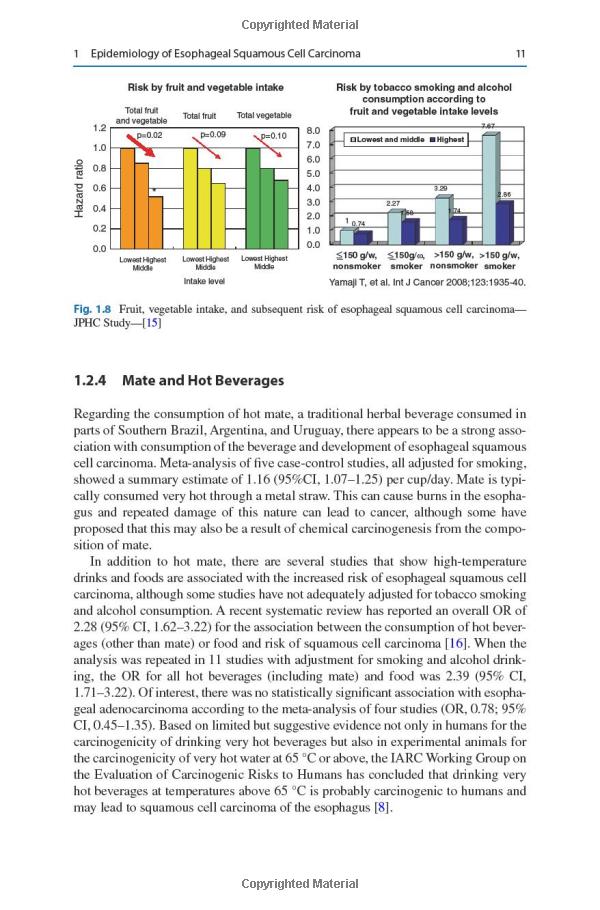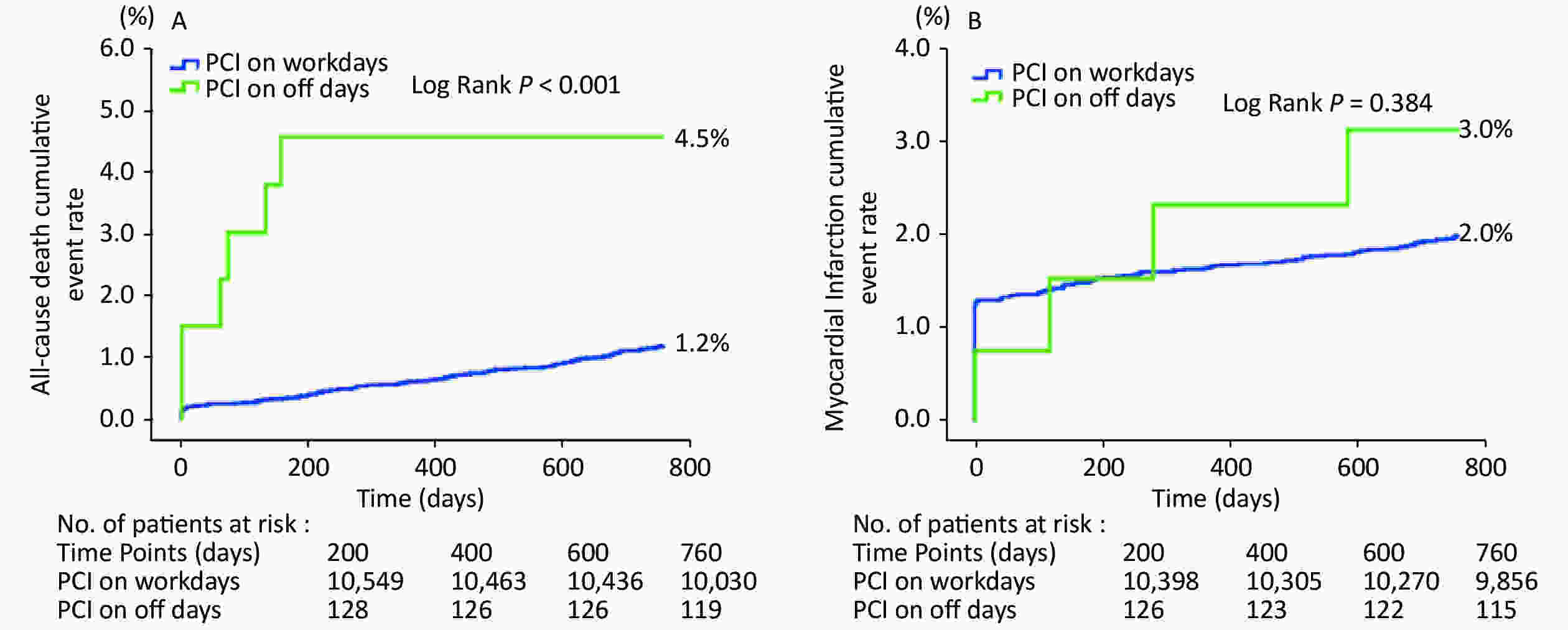Understanding the Role of PET Scan for Colon Cancer: A Comprehensive Guide to Diagnosis and Treatment
#### What is a PET Scan for Colon Cancer?A PET scan, or Positron Emission Tomography scan, is a sophisticated imaging technique that allows healthcare provi……
#### What is a PET Scan for Colon Cancer?
A PET scan, or Positron Emission Tomography scan, is a sophisticated imaging technique that allows healthcare providers to visualize metabolic processes in the body. In the context of colon cancer, a PET scan is particularly valuable as it helps in identifying cancerous cells and assessing the extent of the disease. This imaging modality uses a small amount of radioactive material and a special camera to create detailed images, enabling doctors to make informed decisions regarding diagnosis and treatment.
#### Why is a PET Scan Important for Colon Cancer Diagnosis?
The importance of a PET scan for colon cancer cannot be overstated. Traditional imaging techniques, such as X-rays or CT scans, may not always provide a complete picture of the cancer's spread. PET scans, on the other hand, can reveal areas of increased metabolic activity, which is often indicative of cancer. This capability makes PET scans particularly useful in staging the cancer, determining whether it has spread to lymph nodes or other organs, and evaluating the effectiveness of ongoing treatment.
#### How Does a PET Scan for Colon Cancer Work?

During a PET scan, patients are injected with a radiotracer, typically a form of glucose that is tagged with a small amount of radioactive material. Cancer cells, which have a higher metabolic rate than normal cells, absorb more of this tracer. After a waiting period, the patient lies on a scanner that detects the radiation emitted by the tracer, producing images that highlight areas of abnormal metabolic activity. This process can take anywhere from 30 minutes to several hours, depending on the specific protocol used.
#### Preparing for a PET Scan for Colon Cancer
Preparation for a PET scan is crucial to ensure accurate results. Patients are usually advised to fast for several hours before the scan to minimize background glucose levels. It’s also important to inform the healthcare provider of any medications or supplements being taken, as these can affect the results. Patients should wear comfortable clothing and may need to remove any metal objects, such as jewelry, that could interfere with the imaging process.
#### Interpreting PET Scan Results for Colon Cancer

Once the PET scan is completed, a radiologist will analyze the images and provide a report to the referring physician. The results will indicate areas of increased metabolic activity, which may suggest the presence of cancer. However, it’s important to note that not all areas of increased activity are cancerous; inflammation or infection can also cause similar results. Therefore, the PET scan findings are often used in conjunction with other diagnostic tests, such as biopsies or CT scans, to confirm a diagnosis.
#### Benefits of Using PET Scan for Colon Cancer
The benefits of utilizing a PET scan for colon cancer diagnosis and treatment are significant. This imaging technique provides a more comprehensive understanding of the disease, allowing for personalized treatment plans. It can help in monitoring treatment response, detecting recurrence early, and guiding surgical decisions. Furthermore, the non-invasive nature of the PET scan makes it a preferred choice for many patients.
#### Conclusion: The Future of PET Scans in Colon Cancer Management

As technology advances, the role of PET scans in colon cancer management is likely to expand. Ongoing research is focused on improving the accuracy of PET imaging and developing new radiotracers that can provide even more detailed information about cancer biology. For patients diagnosed with colon cancer, understanding the role of PET scans can empower them to make informed decisions about their treatment options and improve their overall outcomes.